Theresa May’s moves to tackle modern slavery are starting to pay off
Home Affairs: The Home Secretary has attracted praise from ministers for making tackling people trafficking a key aim
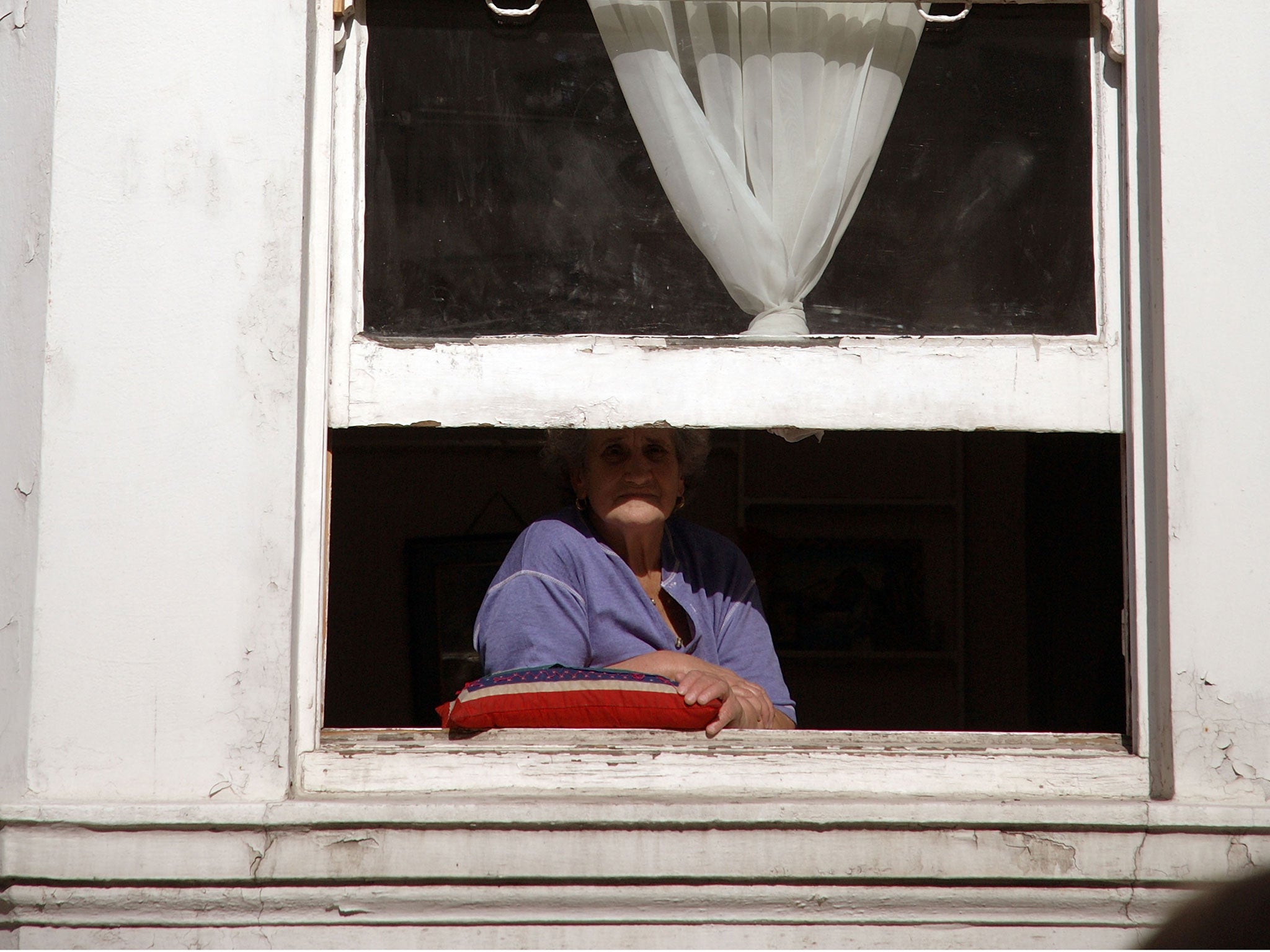
Despite the good intentions of political leaders, business is booming for the global gangs behind the £100bn trade in modern-day slavery which afflicts almost every nation.
At least 10,000 people are thought to have been spirited into Britain, held against their will and put to work, although the total could be much higher because of the shadowy world they inhabit.
What is certain is that they exist in every major town and city, working as prostitutes, domestic slaves and thieves, or labouring in sweatshops, cannabis farms and even nail bars.
Victims have been identified from 96 countries, with the largest numbers coming from Albania, Nigeria, Vietnam and Romania. Around 60 per cent are women or girls and one-quarter are children, many of whom are sent out to beg or pick pockets.
Theresa May has made tackling the scourge of people-trafficking one of her key aims as Home Secretary and ministers praise her determination to confront an issue which could easily have fallen down her list of priorities.
It resulted in last year’s Modern Slavery Act, the first of its kind in Europe, which toughened penalties for traffickers and required large companies to detail the action they are taking against forced labour in their global supply chain.
The issue was high on the agenda as Ms May hosted her opposite numbers from the United States, Germany, France, Italy and Spain in London today.
Her latest initiative is the establishment of a phone line which victims can ring or – if they are afraid of being overheard – text for help.
It is modelled on a similar scheme in the US, which is credited with providing escape for more than 1,000 people every year.
But Ms May faces a daunting challenge in tackling the world’s second largest illicit business (after the drugs trade) as it has been fuelled in Britain by surging levels of migration, with the new arrivals including desperate people vulnerable to exploitation by gangmasters.
The fight is being led by the UK’s first Independent Anti-Slavery Commissioner, Kevin Hylands, who has complained that last year’s 151 convictions for slavery-related offences was “nowhere near good enough”.
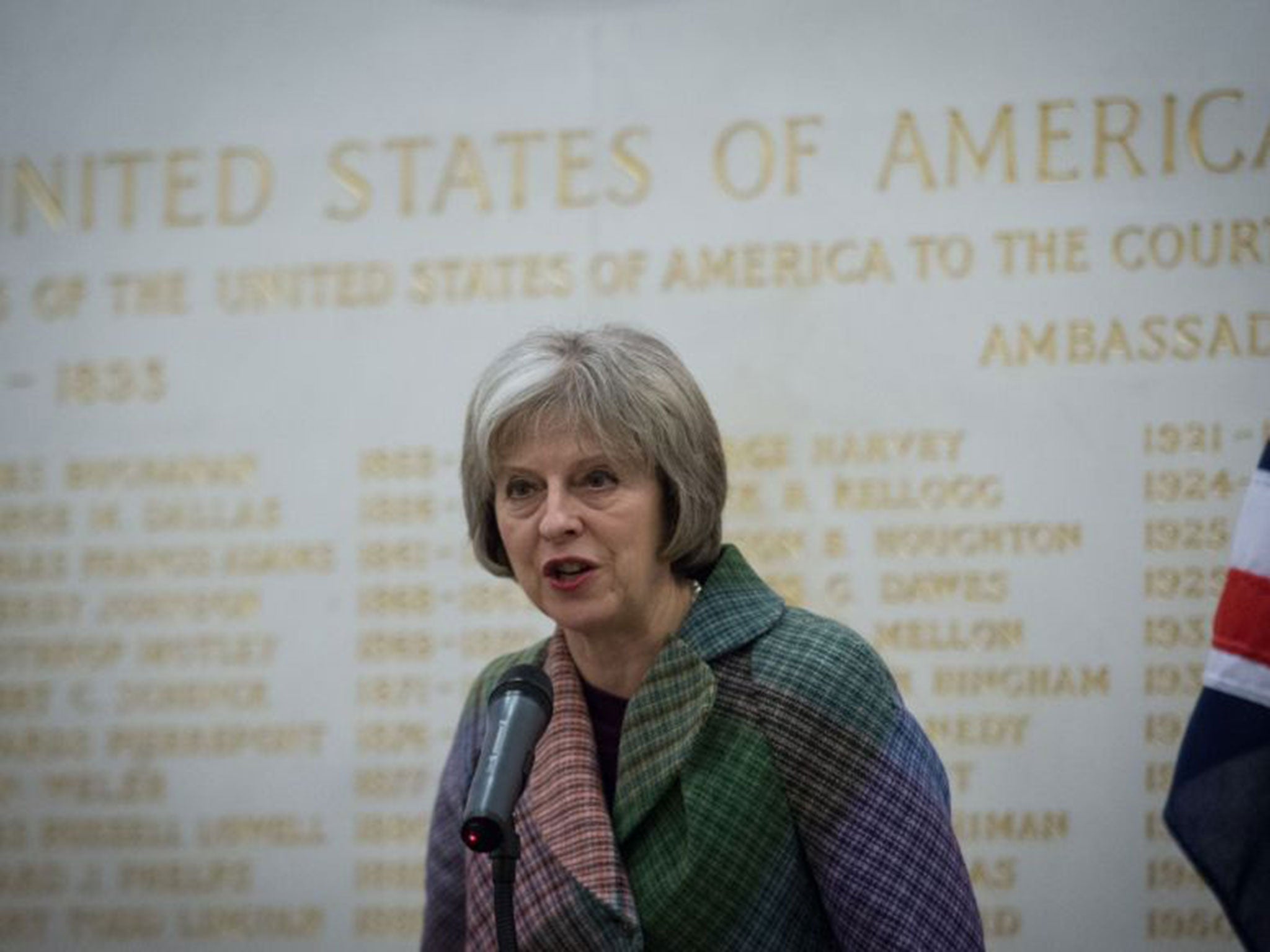
His appointment and the implementation of the Act, the Home Office believes, has been crucial for boosting awareness of the problem.
Two major police forces – the West Midlands and Greater Manchester – have set up specialist anti-slavery teams and large companies are having to reassure their shareholders and the public that their products are free of slave labour.
There is evidence that this is producing results. A London couple was found guilty last month of making a Nigerian man work unpaid for them for 24 years, while four members of a Bolton family were jailed in September for trafficking Hungarian sex “slaves”. But it will be a long battle to stamp out this most pernicious of crimes two centuries after slavery was supposed to have been abolished in Britain.

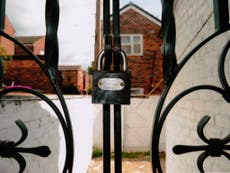
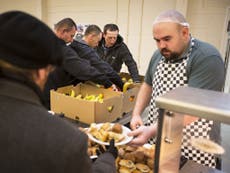

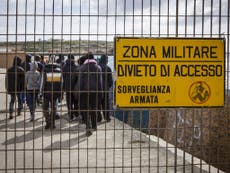
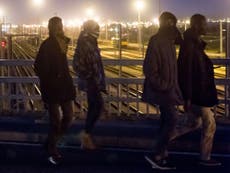
Join our commenting forum
Join thought-provoking conversations, follow other Independent readers and see their replies